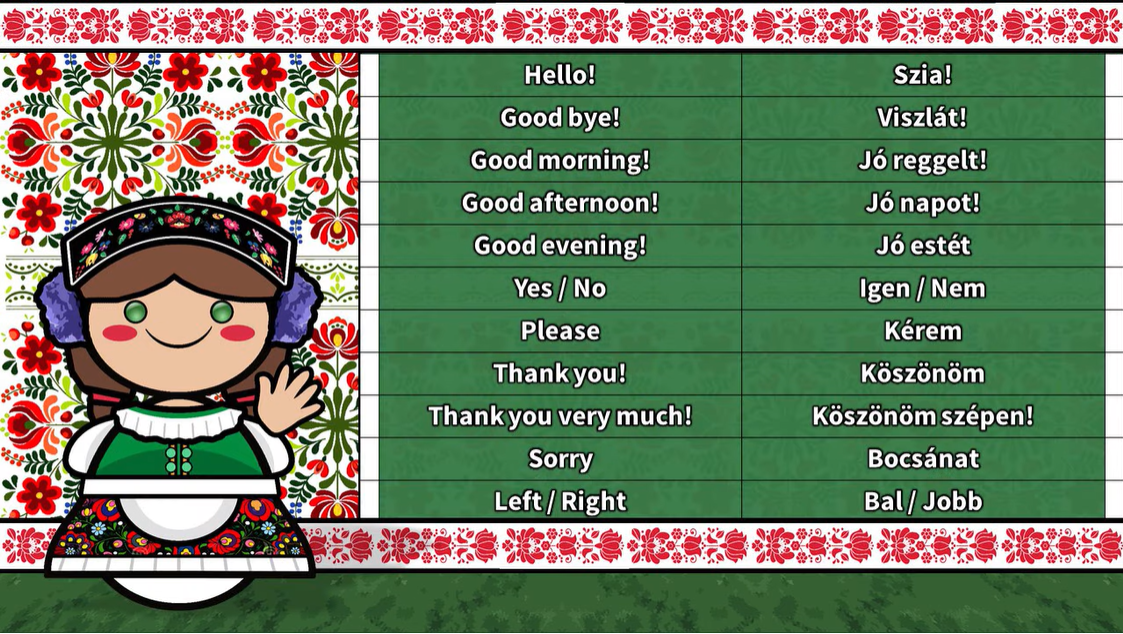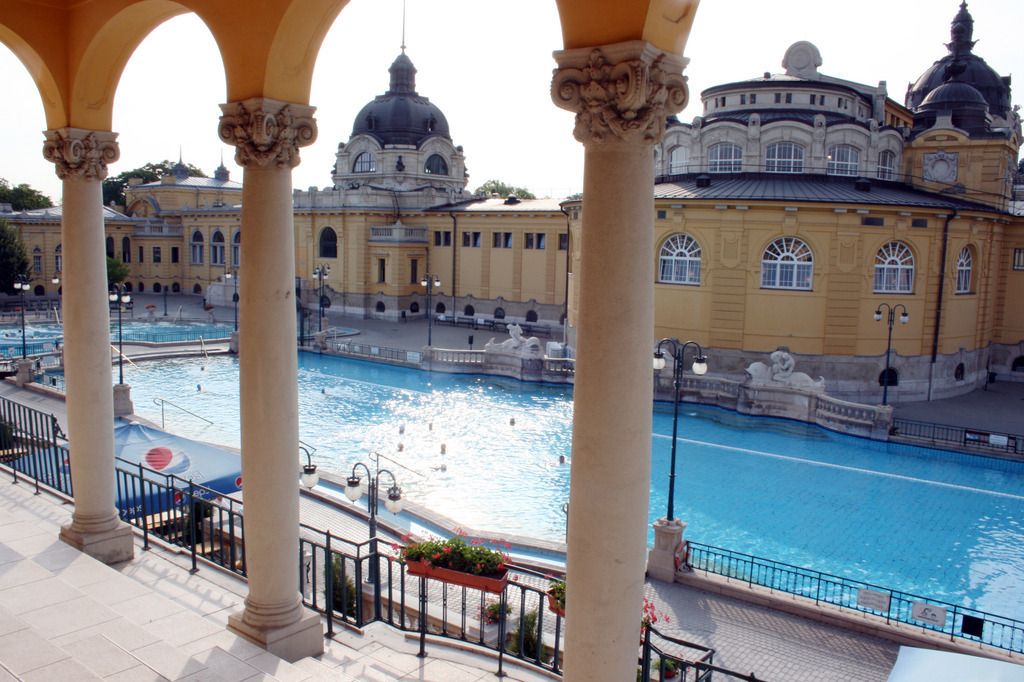5 Hungarian customs that are difficult for foreigners to get used to
Change language:
Adjusting to life in Hungary can be a challenge for many foreigners, particularly when it comes to understanding Hungarian customs that may seem unfamiliar. From unique social etiquette to distinct culinary traditions, these customs play a significant role in daily life and interactions. Here, we explore five Hungarian customs that foreigners might find challenging to get used to.
A language that just does not make sense
Hungarian is a complex language that poses challenges due to its intricate grammar, extensive vocabulary, and unique pronunciation. This complexity can make it difficult for non-native speakers to achieve fluency, often leading to frustration and misunderstandings when communicating in everyday situations. The Hungarian language is unique primarily because of its origins in the Finno-Ugric branch of the Uralic language family. Therefore it may be tricky to find similarities between Hungarian and your mother language.

Different name order
In Hungary, the name order is distinctively different from many Western cultures, as Hungarian custom dictates that the family name precedes the given name. For example, János Kovács is Kovács János in Hungary. This naming convention can lead to confusion for foreigners who are accustomed to the Western format of given names first. However, most Hungarians keep this in mind and swap their names when introducing themselves to others.
Formal and informal
The distinction between formal and informal speech is another aspect of Hungarian customs that may be challenging for newcomers. Hungarians typically use formal titles and last names when addressing someone they do not know well or in professional settings, while friends and family may use first names or nicknames. This shift in language formality can be subtle yet significant in social interactions. In addition, Hungarians use formal speech, similar to using v-form in Romance languages. Thus, formal speaking goes beyond addressing someone by formal titles, it has its own grammatical rules as well.








It is like living in any foreign country ,,,you should adjust to their rules,regulations and customs ,,10 years here now and never a problem so far .
Saying that the language does not make sense is insulting. Makes perfect sense. Just have to learn it & enjoy using it. No point in traveling if not going to immerse oneself in the differences rather than looking for sameness. And since identity starts with family, using surnames then Christian names places a person into context of who exactly they are, who is their tribe. And if you ever want to find them again, that helps. There are so many Ilona’s. When I was back home after 30 yrs a student from Acadia University, Nova Scotia sent me a letter. Rather than the address on the postcard I’d sent her from Besenyo” she coppied off that blurb postcards have which described the national costumed folk’s attire on front. Amazingly tht letter eventually made it’s way to the house I was staying at w. my little girls.